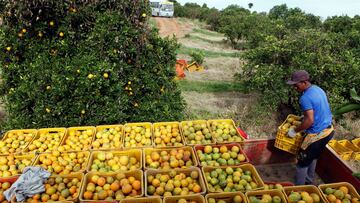LIFESTYLE
What’s the difference between vegan and vegetarian?
Vegan and vegetarian are both dietary choices that involve the exclusion of meat, but they differ in the extent of animal products they exclude.

The amount of people in the US switching to meat-free diets has been increasing in the last decade. Studies suggest that there hase been a 500% increase in the amount of people following vegan diets in the country with now 6% of consumers identifying as vegan. Polling suggests a further 5% of Americans are vegetarian.
The main difference between vegan and vegetarian diets is that vegans exclude all animal-derived products, while vegetarians exclude meat but may consume other animal products like milk and eggs.
The choice to be vegan or vegetarian is often based on ethical, environmental, health, or cultural considerations.
The differences in more detail
Vegetarians do not consume meat, which includes poultry, beef, pork, and other animal-made foodstuffs. However, some variations of vegetarianism exist:
- Lacto-vegetarians: They exclude meat and eggs but consume dairy products.
- Ovo-vegetarians: They exclude meat and dairy products but consume eggs.
- Lacto-ovo vegetarians: They exclude meat but include both dairy products and eggs in their diet.
Vegans, on the other hand, adopt a more restrictive diet. They exclude all animal-derived products, not just meat. This means they do not consume meat, dairy products, eggs, or any other products made from animals. Vegans also typically avoid non-food animal products like leather, wool, and products tested on animals.
Their diet is plant-based, and they rely on alternatives like plant-based milk, tofu, and other vegan substitutes for traditional animal-based foods. This has lead to a burgeoning market for meat-substitute products, with some estimates putting the size of the market at $35 billion by 2027.






